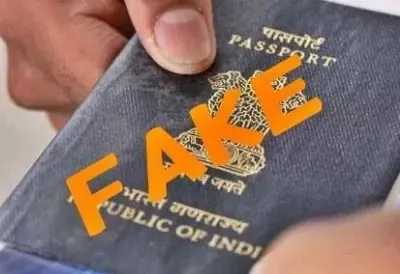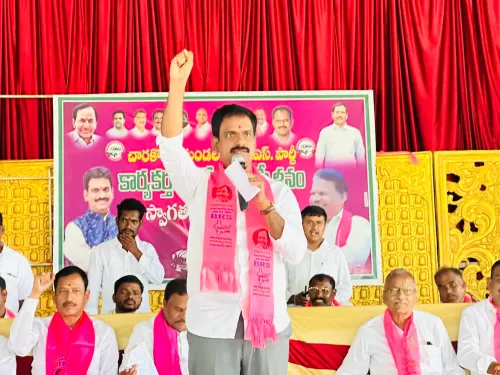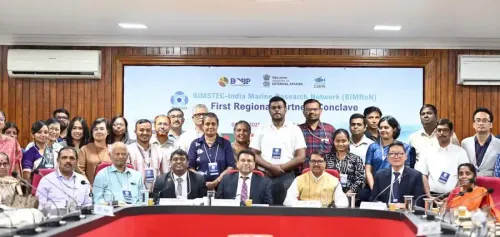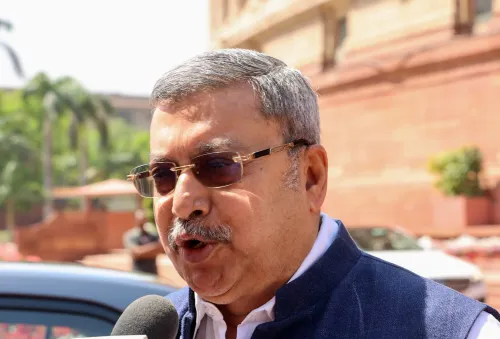Bengal Passport Forgery Scheme: Detained Agent Aimed to Flee to Bangladesh

Kolkata, Dec 30 (NationPress) Manoj Gupta, the agent implicated in a passport forgery scheme in West Bengal and apprehended by Kolkata Police, had aspirations of fleeing to adjacent Bangladesh, sources revealed.
It was specifically for this reason that he relocated to a rented place in Gaighata, located in North 24 Parganas district, which is in proximity to the district's international boundary with Bangladesh.
Gupta marked the seventh and final apprehension made by law enforcement since December 15 for their roles in the scheme operating out of the state, which was involved in providing fake Indian identity documents, including Indian passports, to illegal entrants from Bangladesh.
According to sources within the city police, following the recent arrests related to this case, Gupta, who was linked to a fraudulent travel agency based in Behala in south Kolkata, grew concerned that he might be next to be arrested.
As reported by a city police official, Gupta became increasingly anxious about his impending arrest after the police captured Dipankar Das, another accomplice from the same fake travel agency.
Consequently, he moved to Gaighata in North 24 Parganas, a region not only near the international border with Bangladesh but also where parts of the border are unfenced, making it highly vulnerable.
It has also been noted that Gupta did not directly rent the room in Gaighata from the property owner. The space where he was arrested on Sunday was actually leased to a woman and Gupta clandestinely rented the room from her after paying a sum.
Based on these circumstances, sources indicated that investigators are confident Gupta was attempting to escape to Bangladesh.
Investigators have discerned a pattern in the operations of such rackets that are involved in securing fake Indian passports for illegal infiltrators from Bangladesh. Any infiltrator who illegally crosses into Indian territory and reaches out to local agents, expressing a willingness to pay substantial sums for fake Indian identity documents, is first given safe refuge in various villages adjacent to the borders, both land and coastal.
Subsequently, agents arrange for fake ration cards for these individuals, which serve as the initial step toward obtaining other identity documents. With fake ration cards in hand, they can then acquire additional identification documents such as EPIC, PAN, and Aadhaar cards. The final phase involves obtaining fake passports based on these other fraudulent identity documents.









